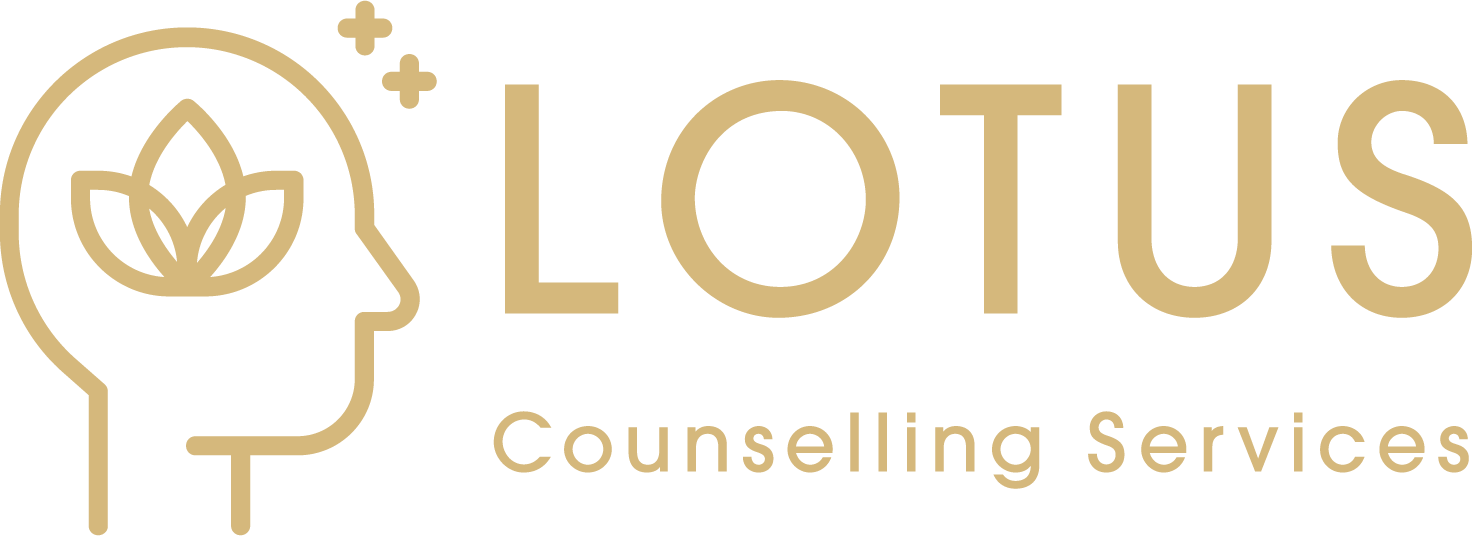How to Help Someone With Anxiety and Panic Attacks
Anxiety and panic attacks can be incredibly overwhelming experiences, not only for those who suffer from them but also for their friends and loved ones.
If someone you care about is struggling with anxiety or panic attacks, it's essential to understand the difference between the two, learn how to provide support, and know where to seek professional help if necessary.
Anxiety vs. Panic Attacks
Before getting into how to help someone with anxiety and panic attacks, it's crucial to understand the difference between anxiety and panic attacks.
Anxiety: Anxiety is a natural and frequently beneficial emotional response. It's your body's natural response to stress or perceived threats. It can manifest as worry, nervousness, or unease about an upcoming event, such as a job interview or a big exam.
Anxiety can motivate individuals to prepare adequately for these situations, and it usually subsides once the event is over.
Panic Attacks: Panic attacks, on the other hand, are sudden, intense episodes of fear and discomfort that seem to come out of nowhere. They can occur even when there's no apparent threat or danger.
Panic attacks often involve a rapid heartbeat, shortness of breath, sweating, trembling, and a feeling of impending doom. These episodes can be extremely distressing and can last for several minutes.
Related Articles:
Autism vs ADHD - Differences, Causes & Treatment in Ontario
What is Emotion Focused Therapy? - Stages & Steps
10 Easy Ways to Manage Your Anger
Signs of Anxiety and Panic Attacks in Individuals
Recognizing anxiety and panic attacks in someone you care about is the first step in providing support. Here are some common signs:
| Anxiety | Panic Attacks |
|---|---|
|
1. Panic Attacks 2. Excessive worry about various aspects of life. 3. Restlessness or feeling on edge. 4. Muscle tension. 5. Difficulty concentrating. 6. Sleep disturbances. 7. Irritability. |
1. Sudden and intense fear or discomfort. 2. Rapid heartbeat (palpitations). 3. Breathing difficulties or a sensation of suffocation. 4. Trembling or shaking. 5. Sweating excessively. 6. Nausea or stomach discomfort. 7. Anxiety about losing one's composure or sanity. |
How to help someone with Anxiety or Panic Attacks
Supporting someone with anxiety or panic attacks can be challenging, but your presence and understanding can make a significant difference. Here's how you can assist:
Educate Yourself: Learn about anxiety and panic attacks. Understanding what your loved one is going through will enable you to provide better support.
Listen Actively: Encourage your loved one to talk about their feelings and experiences. Avoid judgment and criticism. At times, having someone who listens can offer profound relief.
Offer Reassurance: Remind your loved one that you are there for them and that they are not alone in their struggle. Offer words of comfort and support.
Help Them Stay Calm: During a panic attack, encourage slow, deep breaths. Breathing exercises can help reduce the intensity of the attack. You can suggest inhaling deeply for a count of four, holding for four, and exhaling for four.
Create a Safe Environment: If possible, find a quiet, calm space where your loved one can regain their composure during a panic attack. Reducing external stimuli can be helpful.
Avoid Triggers: If you know specific situations or environments trigger anxiety or panic attacks, try to minimize exposure to those triggers when possible.
Encourage Professional Help: If anxiety or panic attacks are significantly impacting your loved one's life, encourage them to seek professional help. Treatment through therapy, counseling, and medication can yield positive results.
Anxiety Therapy by Lotus Counselling Services in Ontario, Canada
If someone is looking for help with anxiety disorders in Ontario, Lotus Counselling Services is a valuable place to consider. Lotus Counselling Services is dedicated to providing mental health support and services to individuals dealing with various mental health challenges, including anxiety disorders, depression, and many more.
Our services include:
Individual Counseling: Lotus Counselling reoffers one-on-one counseling sessions, allowing individuals to explore their thoughts, feelings, and behaviors in a safe and confidential environment.
Couples Counseling: For those whose anxiety affects their relationships, couples counseling can be an effective way to improve communication and understanding.
Cognitive-Behavioral Therapy (CBT): CBT is an evidence-based approach that can be particularly effective in treating anxiety disorders. Lotus Counselling offers CBT to help individuals manage their anxiety symptoms.
Supporting a friend or loved one dealing with anxiety and panic attacks requires patience, empathy, and understanding. By educating yourself about these conditions, listening actively, and encouraging professional help when needed, you can play a vital role in their recovery journey.
Remember that Lotus Counselling Service in Ontario is available to provide expert guidance and support for individuals seeking assistance with anxiety disorders.


